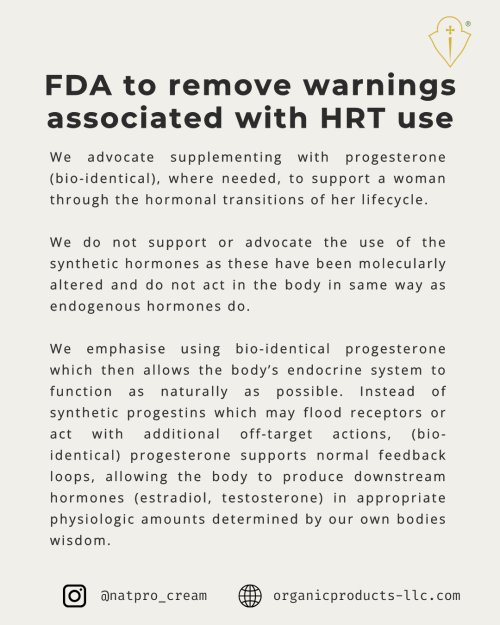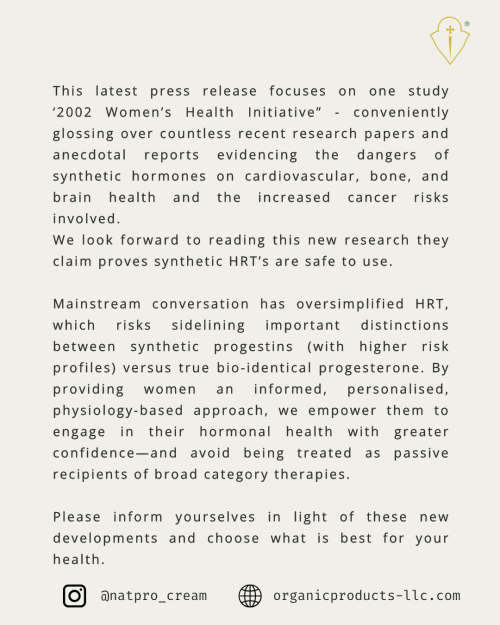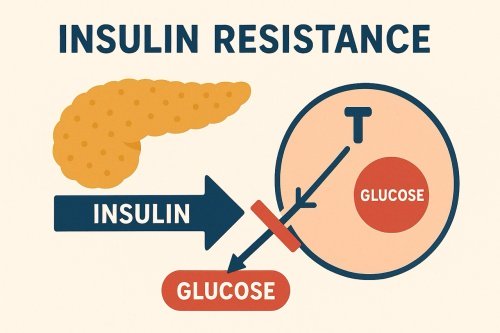The correct amount of progesterone to use.
by JL
I spend a lot of time on Wray Whyte's website mainly because I have benefited from the use of natural progesterone. Had I not discovered this website ...... well perhaps I might not be writing this!
Yes I have benefited but only because I used the CORRECT amount of cream! Just about every other post on this sight are from people who are struggling because they are using the 20mg - 40mg amount as suggested by blogs and pharmacies etc. Whilst Dr John Lee was a remarkable man, he too suggested 20mg - 40mg per day amount. Yet the late Dr Katharina Dalton would give 1200mg to her patients suffering from PND.
The 20mg - 40mg amount only causes problems and many land up writing in saying that they have put on weight or they have aches and pains etc. Why? Because not enough progesterone is being used. Nothing less than 100mg per day is the correct amount, more depending on how severe symptoms are.
Oral progesterone is useless as 95% is destroyed by the gut and liver, creams are the best delivery method. When choosing a cream do make sure that it is as organic as possible and has the correct amount of progesterone like this one.
Vitamin D is vital as a deficiency reduces the benefits of progesterone. If your level is low it will simply take longer for your symptoms to ease, if at all they do. Please have a vitamin D test. Vitamin D is linked to every single cell in our bodies.
Comments for The correct amount of progesterone to use.
|
||
|
||
|
||
|
||
 If you are feeling confused or overwhelmed by fertility challenges, or wondering if hormone balance might be affecting your ability to conceive you are not alone—many women and couples face uncertaint…
If you are feeling confused or overwhelmed by fertility challenges, or wondering if hormone balance might be affecting your ability to conceive you are not alone—many women and couples face uncertaint…
 _____
_____ Feeling tired, foggy, or struggling with stubborn weight gain—especially around the waist? You might be surprised to learn that these symptoms could be linked to insulin resistance, a condition that a…
Feeling tired, foggy, or struggling with stubborn weight gain—especially around the waist? You might be surprised to learn that these symptoms could be linked to insulin resistance, a condition that a…